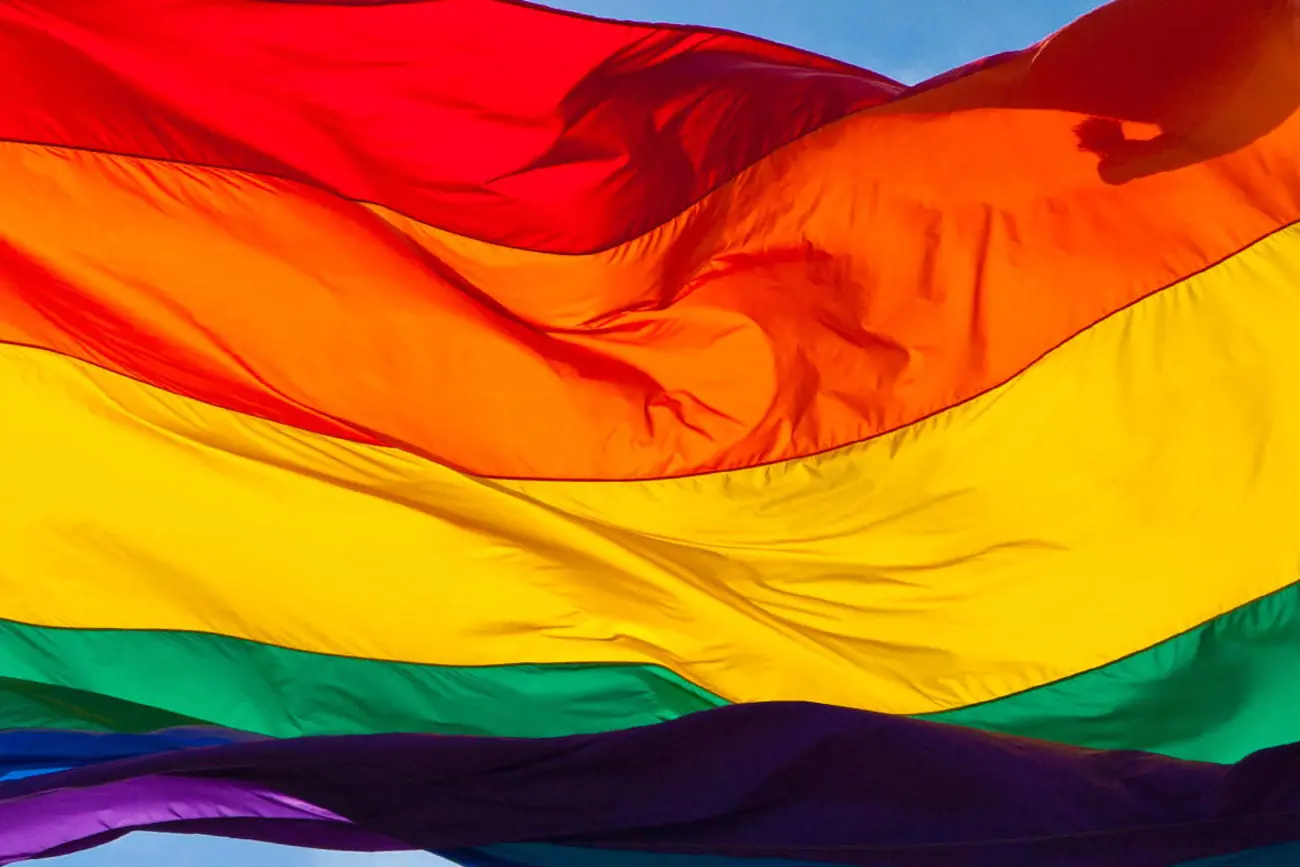
Last Saturday, on 11 August 2012, Zimbabwe riot police officers unlawfully arrested 44 people who attended a gathering organised by Gays and Lesbians of Zimbabwe (GALZ). The people who were arrested committed no crime. They were simply exercising their rights to assembly and to freedom of association by attending a meeting.
The objectives of the meeting cannot be faulted – the dissemination of a research report on human rights violations perpetrated against the LGBTI community, and the dissemination of information regarding the contents of the second draft Zimbabwe Constitution. Irrespective of one’s views on LGBTI, any reasonable person living in a democratic society would accept that human rights violations of any kind are unacceptable, and should be discussed. So too, the Constitution drafting process, currently underway in Zimbabwe, encourages citizen participation and discussion on the provisions in the draft Constitution. Such discussion makes for a vibrant citizenry and will result in a Constitution that is owned and championed by its citizens.
Whilst sexual acts between men are prohibited under Criminal Law (Codification and Reform) Act, it is not an offence to be attracted to members of one’s own sex, to express one’s gender preference or sexual orientation, or to attend a meeting where the rights of LGBTI persons are discussed.
Section 13 of Zimbabwe’s current Constitution protects the right of every person to personal liberty. This right may only be limited in cases where the police intend to bring a person to court where a reasonable suspicion exists that a crime was committed. It is impossible that any reasonable person witnessing the meeting which took place at GALZ offices could have come to the conclusion that a crime was or was about to be committed. The police’s actions were very clearly motivated by objectives outside of their legal parameters. The police further violated sections 13, 17 and 18 of the current Constitution by unlawfully arresting people without a valid reason or charge, subjecting them to an unlawful search of their person and property, and denying them access to their legal representatives. In addition, the police violated participants’ right to not be subjected to inhuman and degrading treatment in terms of section 15 of the Constitution, including when they assaulted participants using baton sticks, open hands and clenched fists. No basis in law exists which justified the limitation of these rights in these circumstances.
Sections 20 and 21 of the Zimbabwe Constitution protect the right to freedom of expression, assembly and association. Every person in Zimbabwe is entitled to hold opinions and impart ideas without interference. Every person in Zimbabwe has the right to assemble freely, to associate with other persons, and to belong to associations which protect their interests. These rights have been in the Constitution for decades and may only be limited under particular circumstances which are reasonably justified in a democratic society. In the present case, it was a peaceful gathering of a small group of people on private property, where they discussed and debated human rights issues relevant to the members of the association. No legal argument can be made to excuse police intervention and disregard of human rights in this context. The brutal interference of these rights by riot police makes a mockery of the current constitution–making process and shows the extent to which the police force is used in an organised and deliberate manner by the State to harass and deter human rights defenders in Zimbabwe.
This entry was posted in LGBT/sex worker rights and tagged human rights defenders, LGBT, prisoners’ rights, Zimbabwe. Bookmark the permalink.



